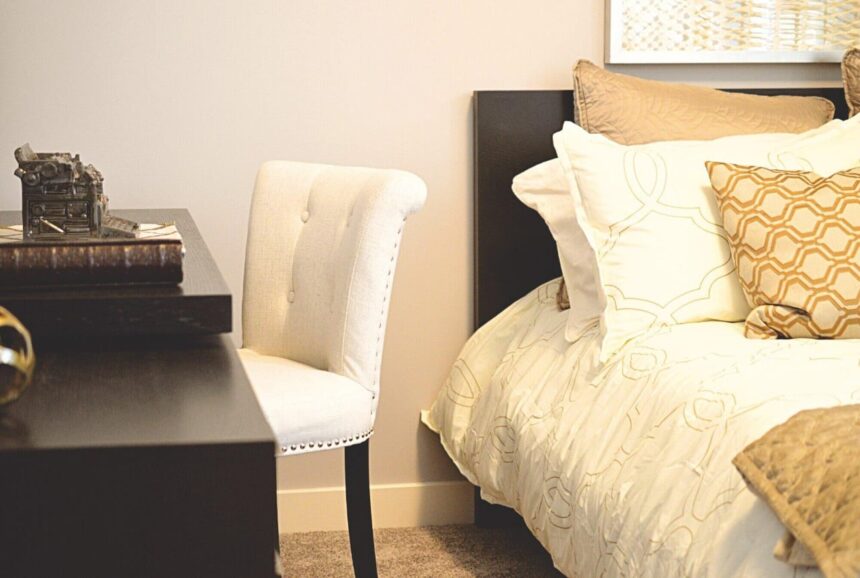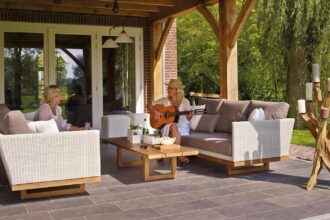Apartment hunting can be stressful and time consuming, but it’s worth the proactive effort to find something that’s a good fit for you and your family. What are the most important things to look for when apartment hunting? And how should you go about setting your own goals and priorities in this process?
What to Check When Apartment Hunting
These are some of the most important things to check when you’re apartment hunting:
1. Price. One of the most important things to look at first is the price. If an apartment is totally out of your price range, you can instantly rule it out. Similarly, if an apartment is so cheap that it’s hard for you to believe, it might be too good to be true. This might be an indication that there’s something wrong with the apartment or the neighborhood. Ideally, you’ll find an apartment that’s comfortably within your budget, with all the perks and amenities you need.
2. Age. New and recently renovated apartments have lots of advantages. They tend to be more resilient and less susceptible to issues. They tend to be more aesthetically pleasing and comforting. They’re also updated with the latest structural features, such as better insulation, so your apartment stays more comfortable regardless of the weather outside.
3. General location. You’ll also need to look at the general location where this apartment is located. For example, does the area have plenty of options for recreation? Do you have convenient access to grocery stores and other things you need? Do you feel comfortable walking around the neighborhood, and what are the crime rates and schools like?
4. Available amenities. In the apartment complex itself, what types of amenities are available to you? Is there available parking? Do you have access to a washer and dryer onsite? Are there other perks or services available at this location?
5. The layout. There are many common apartment layout styles, and even more unconventional ones. However, there’s no such thing as a “correct” apartment layout. Most layouts offer unique advantages, as well as unique appeals to various people. What’s important is that you find an apartment layout that works for your preferences and needs.
6. Utilities and costs. When people begin budgeting for apartments, they sometimes neglect the cost of utilities. Depending on where your apartment is and what the local laws are, you may or may not be responsible for paying for your own utilities, like water, electricity, and gas. If you are responsible for paying for these items, it’s a good idea to get estimates for how much they will cost you on a monthly basis; this way, you can budget properly.
7. Parking and transportation. What types of transportation options are available in the area, and how convenient are they? Are you able to park your car onsite in a convenient way? Do you have access to local transportation? Can you get on the highway in a short amount of time? And how close are the things that you need most?
8. Storage space. Depending on how many personal possessions you have, you may need additional storage space. Most apartments have at least some storage options in the form of closets and extra rooms, but these may or may not be sufficient to accommodate all of your items. In some apartment complexes, you can pay to have access to additional storage, or you might benefit from extra cupboards, drawers, and small closets throughout the space.
9. Noise and potential nuisances. Before signing any lease, you should investigate the area for noise and other potential nuisances. The last thing you want is to sign a long lease, only to find out the area is super loud until 4 AM most nights. This is largely a matter of personal preference, so spend some time in the area to see if it’s a good fit for you.
10. The pet policy. If you have pets, make sure they’re allowed in the apartment. You may be responsible for an additional deposit if so.
11. Lease terms. Leases are legal documents, and they can sometimes be hard to parse. However, if you spend time reading them and looking up terms you don’t understand, you should be in a much better position to understand the full scope of the agreement. Make sure that all the terms are acceptable to you and be on the lookout for any questionable fine print.
Making the Call
There are probably dozens of apartments that fit all your criteria, though some may be more attractive than others. Making the final decision isn’t always easy, especially if you’re wrestling between two similar options with unique advantages. Remain patient as you wade through these waters, and rest easy knowing that you’ve done your due diligence.














